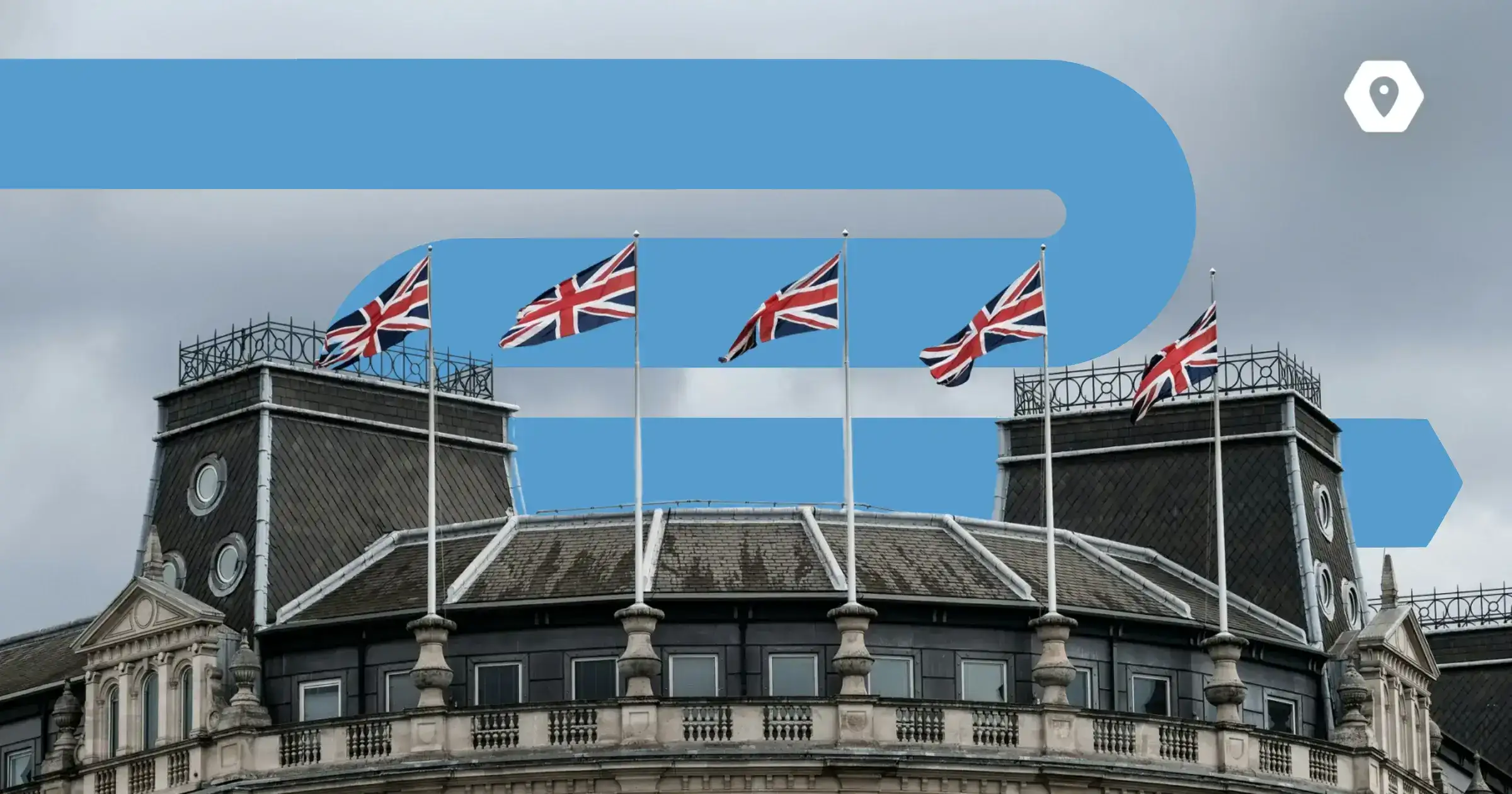Key Takeaways for Employers
- From 8 January 2026, Skilled Worker visa applicants must meet a higher English language level (B2), requiring employers to update recruitment and visa sponsorship processes accordingly.
- Graduate visa duration reduces to 18 months from 1 January 2027, except for PhD holders. This change demands adjustments to graduate recruitment and talent retention strategies.
- The High Potential Individual (HPI) visa list expands but is capped at 8,000 annual places, increasing competition for top global talent. Employers should verify university eligibility and act promptly.
- Botswana nationals now need visitor visas for UK travel starting 14 October 2025, with a six-week transition for those holding prior ETAs. Businesses should support impacted employee travel plans.
The Immigration Skills Charge (ISC) will increase by 32% from December 2025, elevating sponsorship costs for UK employers. Budgeting and sponsorship planning should be updated accordingly.
Key UK Immigration Updates Affecting Employers and HR Professionals
The UK government introduced important updates to immigration rules on 14 October 2025, which will impact the Skilled Worker visa and other routes. These changes are primarily aimed at tightening recruitment standards and adjusting visa conditions for certain applicant categories.
UK Raises English Language Requirement for Skilled Worker Visas from January 2026
Starting 8 January 2026, the UK will raise the English language proficiency requirement for Skilled Worker visa applicants from level B1 to B2 on the Common European Framework of Reference for Languages (CEFR). This change, equivalent to moving from GCSE to A-level English, reflects the government’s aim to enhance workforce integration and productivity.
Key Details:
- Applies to new Skilled Worker visa applications submitted on or after 8 January 2026.
- Employers need to update recruitment and sponsorship processes to ensure candidates meet the higher English standard.
- Candidates can prove English proficiency through Secure English Language Tests (SELT) or approved academic qualifications.
- Existing visa holders extending their Skilled Worker status are not affected by the change.
- The requirement also applies to High Potential Individual and Scale-up visa applicants.
Applicants already in the UK under these categories before this date can extend their visas without needing to meet the new B2 level.
Employer Implications:
- Review job requirements and candidate language skills before sponsorship.
- Allow additional lead time for candidates needing language testing or training.
- Update internal HR communications about this change to hiring managers and recruiters.mali
Preparing for this higher English language bar will smooth visa processing and support successful long-term integration of international hires in your UK workforce.
Graduate Visa Duration Reduced to 18 Months from January 2027
Effective 1 January 2027, the UK’s Graduate visa duration will be shortened from two years to 18 months for most international graduates, with PhD holders retaining a three-year stay.
Key Details:
- Affected graduates submit Graduate visa applications on or after 1 January 2027.
- PhD graduates remain eligible for three years of permission.
- Affects international students seeking post-study work opportunities in the UK.
Students completing their studies in 2026 will still be able to apply under the current 2-year route.
Employer Implications:
- Adjust graduate recruitment pipelines and timelines accordingly starting 2027.
- Communicate timeline changes to HR and graduate recruitment teams to prepare for shorter graduate work periods.
This policy change calls for strategic workforce planning to effectively attract and retain early career global talent in the UK.
Expansion and Cap Introduced for UK High Potential Individual (HPI) Visa Route
The High Potential Individual visa route is expanding its list of eligible universities from around 50 to nearly 100 institutions. However, it will also impose an annual cap of 8,000 visas.
Key Details:
- The new university list is pending official release by the Home Office.
- The cap limits the total number of HPI visas issued each year to 8,000.
- Designed to attract top talent but with increased competition for limited places.
Employer Implications:
- Verify candidates’ university eligibility when hiring through the HPI route.
- Act quickly on sponsorship decisions due to the annual cap.
- Consider the HPI visa as a potential alternative for skilled workers if other routes narrow.
Employers need to be proactive and informed to leverage this route effectively within the capped quota framework.
Botswana Nationals Require Visitor Visas for UK Travel from October 2025
From 14 October 2025, nationals of Botswana will need to obtain a visitor visa before traveling to the UK, replacing the previous Electronic Travel Authorization (ETA) exemption.
Key Details:
- The change began at 3pm on 14 October 2025, with a six-week transition period for those holding pre-approved ETAs.
- Applies to business and leisure visits.
Employer Implications:
- Advise Botswana nationals within your workforce planning business travel in advance.
- Provide visa application support to affected employees.
- Update company travel guidelines and internal communication.
This change requires early planning to ensure business continuity and smooth travel arrangements for Botswana nationals visiting the UK.
Immigration Skills Charge (ISC) to Increase by 32% from December 2025
Starting 16 December 2025, the Immigration Skills Charge for UK employers sponsoring migrant workers will increase by 32%, raising costs for Skilled Worker and Global Business Mobility routes.
Key Details:
- ISC for medium and large sponsors will increase from £1,000 to £1,320 annually per sponsored worker.
- The charge is mandatory and non-transferable to the sponsored worker.
Employer Implications:
- Incorporate the increased ISC fees into recruitment and sponsorship budgets.
- Review hiring plans and cost-effectiveness of overseas recruitment.
- Communicate cost changes internally to finance and HR teams.
Adequate financial planning is essential to manage the higher sponsorship fees and maintain compliance under the updated immigration rules.
Conclusion:
The UK immigration rule changes introduced in 2025 represent significant shifts for employers managing international recruitment and sponsorship. With stricter English language requirements from January 2026, reduced graduate visa durations starting 2027, an expanded but capped High Potential Individual route, new visitor visa mandates for Botswana nationals, and a substantial increase in the Immigration Skills Charge, employers need to stay well-informed and agile.
Proactive adaptation of recruitment strategies, clear communication with hiring and HR teams, and financial planning for increased sponsorship costs will be essential to navigate this evolving landscape successfully. By understanding and preparing for these changes, employers can continue to attract and retain global talent effectively while maintaining compliance with UK immigration laws.
Disclaimer
Immigration laws and policies change frequently and may vary by country or nationality. While we strive to provide accurate and up-to-date information, we recommend doing your own due diligence or consulting official sources. You’re also welcome to contact us directly for the latest guidance. Jobbatical is not responsible for decisions made based on the information provided.


.svg)










.svg)
